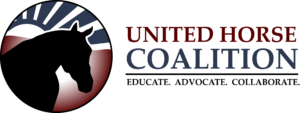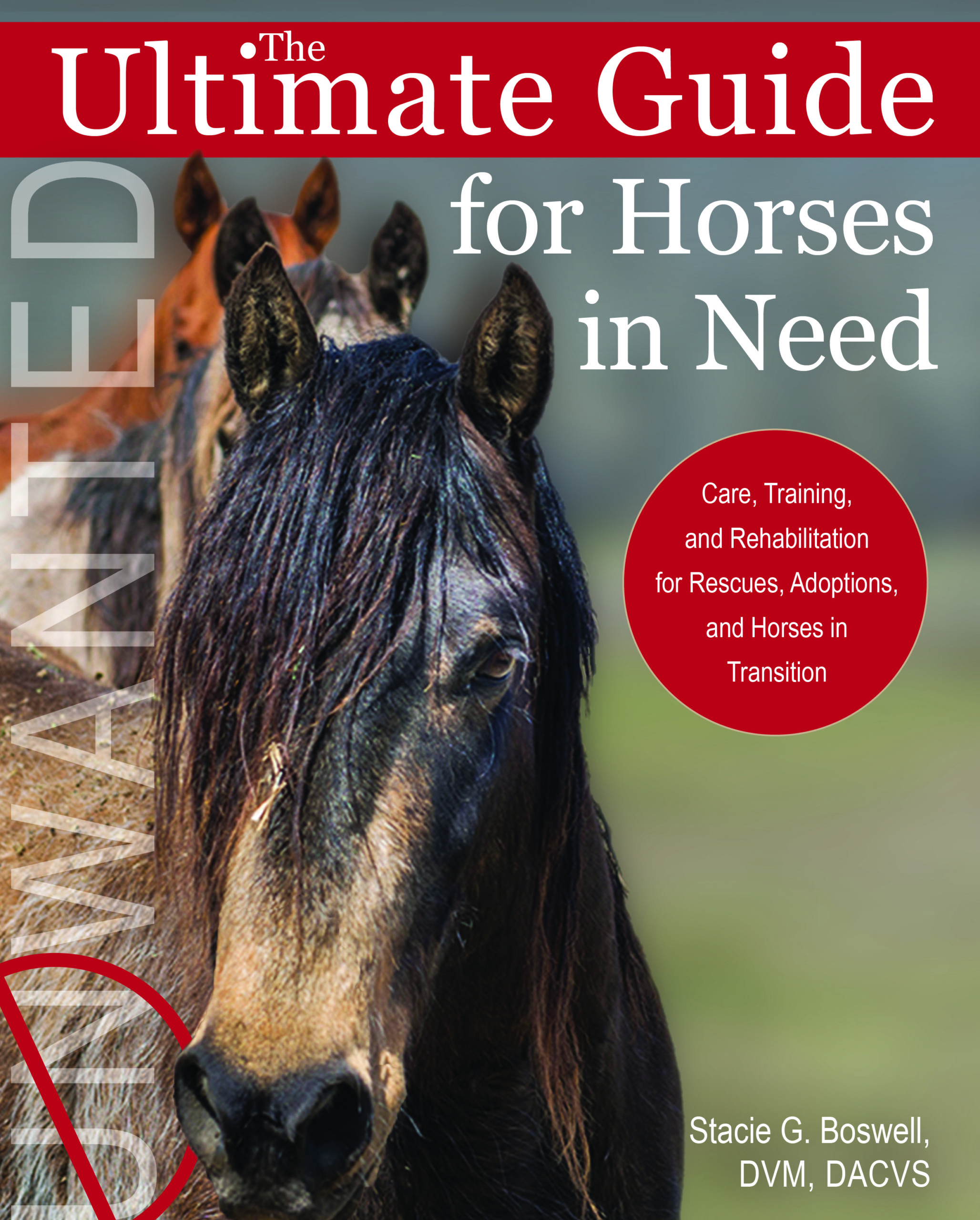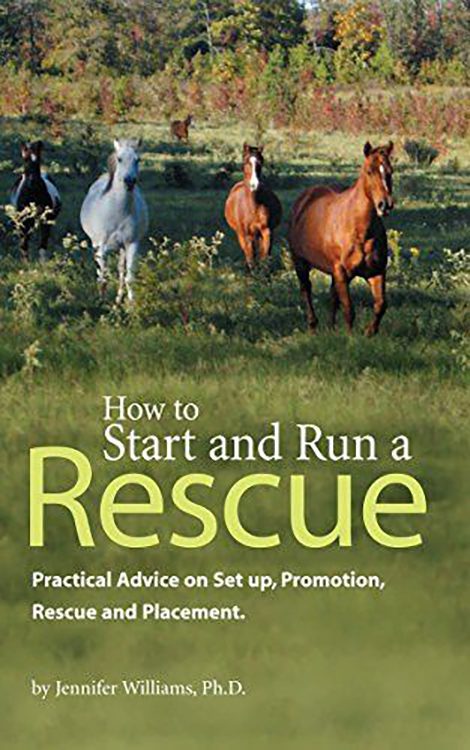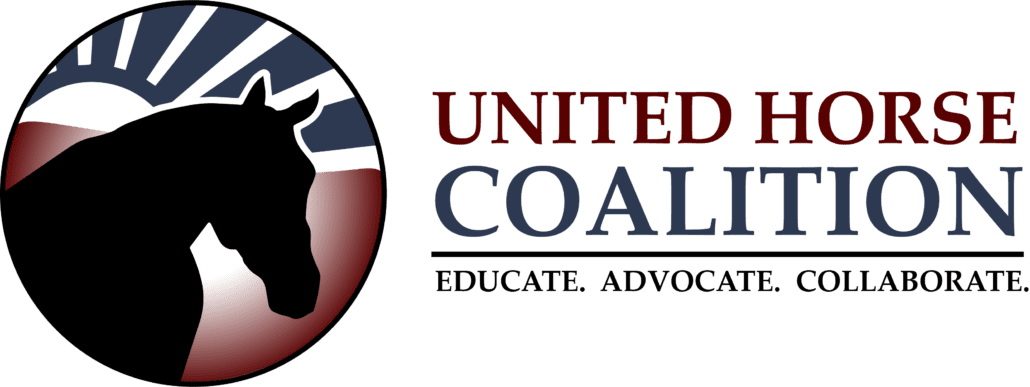The Ultimate Guide for Horses in Need
Care, Training, and Rehabilitation for Rescues, Adoptions, and Horses in Transition
“Dr. Stacie Boswell has created a book that is packed with extremely valuable information for not only equine rescues, but a book that horse owners in general can also glean a lot from. She takes a pragmatic and all-inclusive approach to explaining the good, the bad, and the ugly involved when it comes to operating an equine rescue successfully. The Ultimate Guide for Horses in Need is a must-have book for both current rescues and those thinking of taking the leap into horse rescue—the importance of knowledge in this field cannot be underestimated if you want to run a truly successful rescue operation, and Dr. Boswell provides a solid foundation of that knowledge.” —Ashley Harkins, Director, United Horse Coalition
In the United States alone, it is estimated that almost 150,000 horses per year are unwanted. This number grows exponentially when you consider horses worldwide. What is “unwanted”? The term is used to refer to horses that are old, injured, sick, unmanageable, or fail to meet expectations. The horse may have a lameness or illness…or he could just be the wrong color or gender. His problem could be life-threatening…or chronic and manageable. He may have a mild behavioral problem…or a severe one.
The good news is today, more and more individuals are choosing to give an unwanted horse a second chance. Whether through purchase, adoption, or rescue, the horse in the “wrong” situation has a chance to find his way to the “right one.” Dr. Stacie Boswell’s goal is to restore health and comfort to every horse in transition, and to help him learn how to function as the horse he is expected to be—from the Thoroughbred off the track to the grade pony from the field down the road. She has compiled hundreds of case studies highlighting the areas of concern in the horse “in need,” and in these pages details proactive methods of handling common medical problems and health issues, from nutrition and dentistry to deworming and hoof care to traumatic injury and emergency rescue scenarios. Dr. Boswell then explains the ways that, as a new horse is rehabilitated physically, specific training techniques can help him adapt to the positive changes in his care and environment.
Stacie Boswell, DVM, DACVS, is an equine veterinarian who completed five years of specialty training beyond veterinary school, earning Diplomat status with the American College of Veterinary Surgeons (ACVS). Through this training, she has worked with horses in veterinary medicine in Virginia, North Carolina, New York, Tennessee, New Mexico, and Montana, completed a three-year surgical residency, and spent additional training time with pathology, radiology, anesthesia, and internal medicine specialists. She has raised and trained her own horses for over two decades and is a lifetime member of the AQHA and APHA, as well as participating in Backcountry Horsemen of America (BCHA), volunteering to keep trails open to riders and maintained in her region.
Click to purchase through the publisher’s site.
